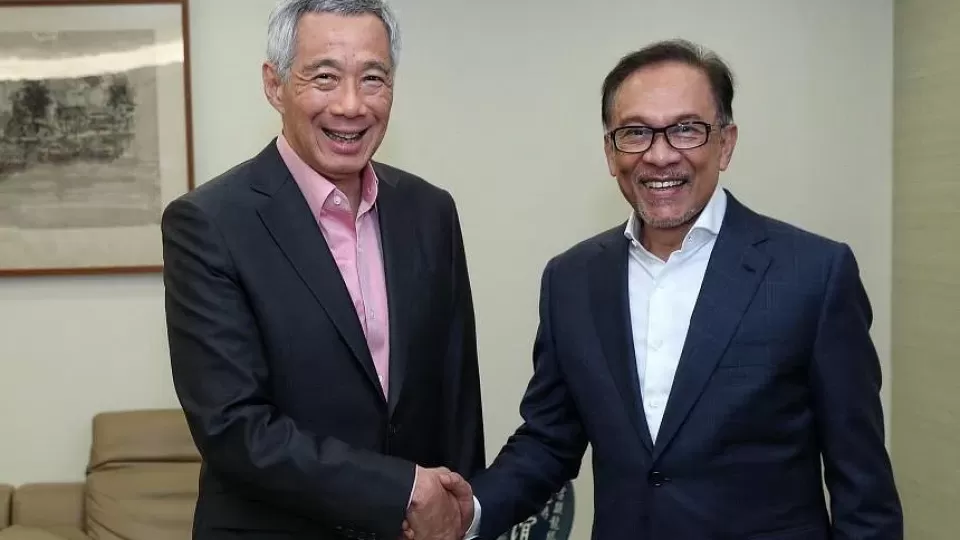January 30, 2023
DHAKA – India has issued a notice to Pakistan for modification of a 62-year-old World Bank-brokered treaty on the cross-border Indus river waters following Islamabad’s “intransigence” on its implementation, official sources said today.
The notice was sent on January 25 through respective commissioners for Indus waters, according to sources in the water resources ministry, reports our New Delhi correspondent.
The Indus Water Treaty (IWT) was signed in 1960 after nine years of negotiations, with the World Bank being a signatory to the pact. The agreement sets out a mechanism for cooperation and information exchange between the two countries regarding the use of the waters of several common rivers.
According to the sources, India has always been a steadfast supporter and a responsible partner in implementing the treaty in letter and spirit.
However, Pakistan’s actions have adversely impinged on the provisions of IWT and their implementation, and forced India to issue an appropriate notice for modification of the pact, said the sources.
In 2015, Pakistan sought the appointment of a neutral expert to examine its technical objections to India’s Kishenganga and Ratle Hydro Electric Projects (HEPs).
But in 2016, Pakistan retracted this request and proposed that a Court of Arbitration adjudicate on its objections, the sources said.
They said this unilateral action by Pakistan is in contravention of the graded mechanism of dispute settlement envisaged by Article 9 of the IWT. Accordingly, India made a separate request for the matter to be referred to a neutral expert.
The initiation of two simultaneous processes on the same questions and the potential of their inconsistent or contradictory outcomes creates an unprecedented and legally untenable situation, which risks endangering the IWT itself, the sources said.
The World Bank acknowledged this itself in 2016 and took a decision to “pause” the initiation of two parallel processes and request India and Pakistan to seek an amicable way out, they said.
Pakistan refused to discuss the issue during the five meetings of the Permanent Indus Commission from 2017 to 2022. On Pakistan’s continuing insistence, the World Bank recently initiated actions on both the neutral expert and Court of Arbitration processes, they also said.
The sources added that such parallel consideration of the same issues is not covered under any provision of IWT.
Faced with such violation of IWT provisions, India has been compelled to issue the notice of a modification, the sources said.


